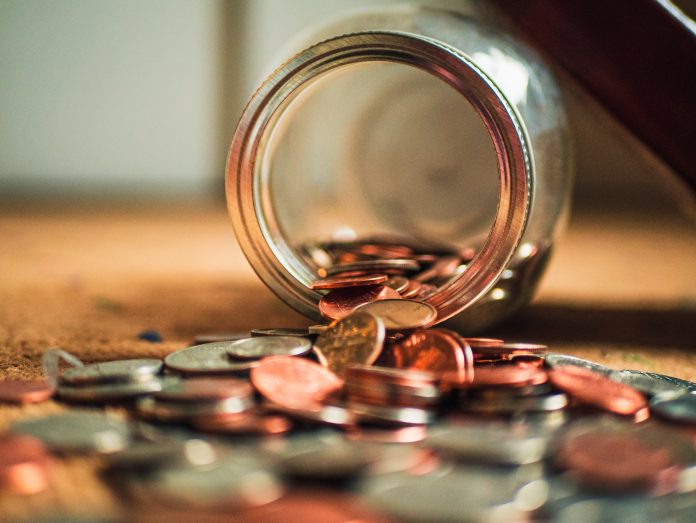Recent research provides encouraging insights into the cost-effectiveness of psilocybin-assisted therapy (PAP) for severe depression.
Psilocybin, the psychedelic substance found in magic mushrooms, has been drawing increasing interest from the scientific community as a potential treatment for major depressive disorder (MDD).
A recent study has explored the economic implications of such a treatment approach.
Major depressive disorder (MDD) affects millions globally, posing significant personal, societal, and economic burdens.
Conventional treatment methods show limited effectiveness, especially in cases of treatment-resistant depression (TRD).
Recent investigations into PAP have indicated promising outcomes, potentially offering hope for those with TRD.
However, small-scale studies and regulatory hurdles have so far hindered a broader understanding of the therapy’s efficacy.
The novel study underlines that while psilocybin itself is relatively inexpensive, the associated costs of the therapy session, therapist support, and licensing due to its status as a Schedule 1 drug have implications for the cost-effectiveness of the treatment.
The study explored different scenarios where these costs were reduced and found psilocybin-assisted therapy could be a viable treatment option if therapist support costs are cut by 25-50%.
The model used in the research suggests that in routine practice, PAP sessions may not require the level of therapist involvement typically seen in clinical trials, reducing costs.
Additionally, support during medication administration could be provided by lower-level clinicians, contributing to further savings.
Another focus of the study was the cost of psilocybin if it were to be provided commercially.
Costs varied in the model from £400 to £2000 per person, which significantly influenced the cost-effectiveness of the treatment.
Researchers cautioned that high prices could render the treatment not cost-effective from a healthcare perspective.
The study concludes that more research, especially regarding different levels of therapist support and remission rates following psilocybin treatment, is essential.
Importantly, if future research can support high remission rates and reduced relapse rates, PAP’s cost-effectiveness could improve substantially.
Psilocybin’s emerging potential as a breakthrough treatment for severe depression appears promising, not only from a clinical but also a cost-effective perspective.


